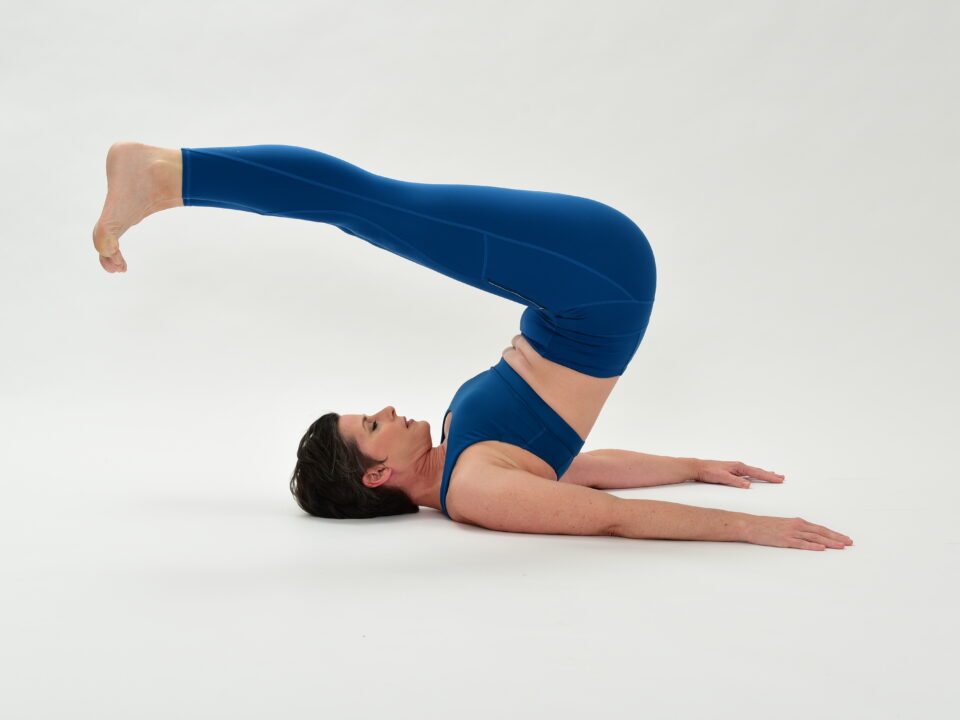- Mon - Fri
7.30 AM – 5.30 PM
Other hours upon request - 770-487-1931
What is carpal tunnel syndrome and how can physical therapy help combat its effects?

Close up Wrist pain
Consider a roadmap of your arm. The small bones inside your wrist that are called carpal bones. The nerve in your forearm, known as the median nerve, gets compressed underneath a ligamentous structure in the wrist which is referred to as the carpal tunnel. When pressure is applied to that nerve and the tension increases, symptoms of carpal tunnel syndrome begin to appear. It can start with a pins-and-needles feeling and lead to motor function loss within the palm of your hand.
“The pain can manifest itself during repetitive tasks using the hands – gripping, typing, holding a phone or a coffee cup,” according to Dr. Karyn Staples, PT, PhD, of ProHealth Physical Therapy in Peachtree City. “It can also be very painful at night when you are trying to go to sleep, but the nerve is too active and you cannot get the rest you need.”
The top priority with physical therapy is always to decrease pain. A proper evaluation will make sure the compression is in the carpal tunnel area and not originating in the neck, shoulder or elbow. Certain movements are prescribed with the purpose of getting the nerve to calm down. The sooner the problem is identified, the sooner it can be treated properly. “A nerve can be finicky and take a while to heal,” said Staples.
Often a person with a nerve problem just tries to compensate for the discomfort in various ways, from changing movements to taking anti-inflammatory medicine, which might provide some relief but doesn’t address the real problem. Eventually it reaches a tipping point and everything is affected – struggles with routine movements during the day, and inability to sleep at night.
If a patient has waited too long to seek treatment, it can take 8-10 weeks of physical therapy to go through all of the layers of muscular imbalances. For someone who has only been experiencing problems for a couple of weeks and wants relief sooner, it could be resolved in two or three visits.
“People should see physical therapy as almost a preventive cure for the worst symptoms of carpal tunnel,” said Staples. “If you can treat it right away, you’re going to be in such better shape.”
Physical therapists, being the musculoskeletal experts when it comes to pain and dysfunction, have the training to look for red flags that might suggest a need for more tests or a visit to a doctor. Often an orthopedist will recommend physical therapy as the best option anyway, so going there first is not a bad idea.
A recent female patient at ProHealth came in after having symptoms for about a month – sleep disruption at night along with fatigue when typing on a computer during the day. The treatment plan included proper nerve glide stretching, which showed relatively little motor loss, and then progressed to activity modifications using a night splint. A home exercise program was implemented, and the symptoms were resolved.
If you think you are experiencing carpal tunnel syndrome, don’t wait too long before getting the appropriate guidance to make it go away. If you’re local to ProHealth, call soon for an appointment as they often fill each week. ProHealth Physical Therapy and Pilates Studio is located at 1777 Georgian Park in Peachtree City. For more information, phone 770-487-1931 or visit prohealthga.com.



